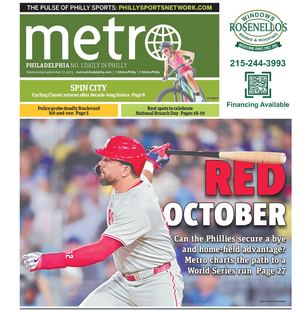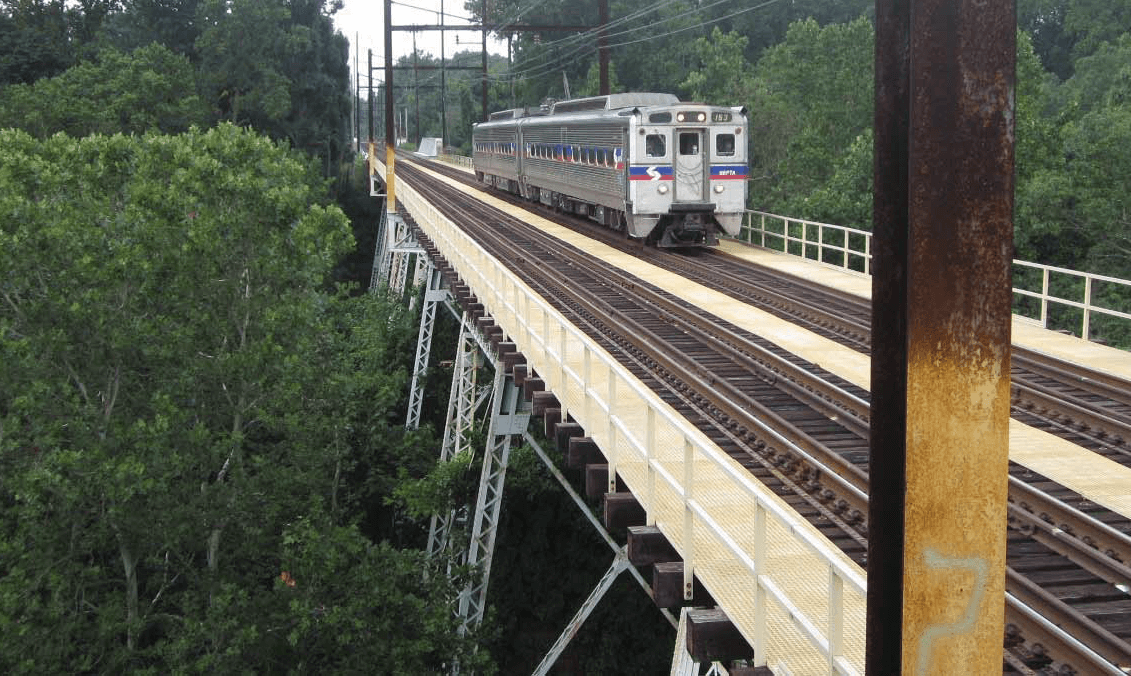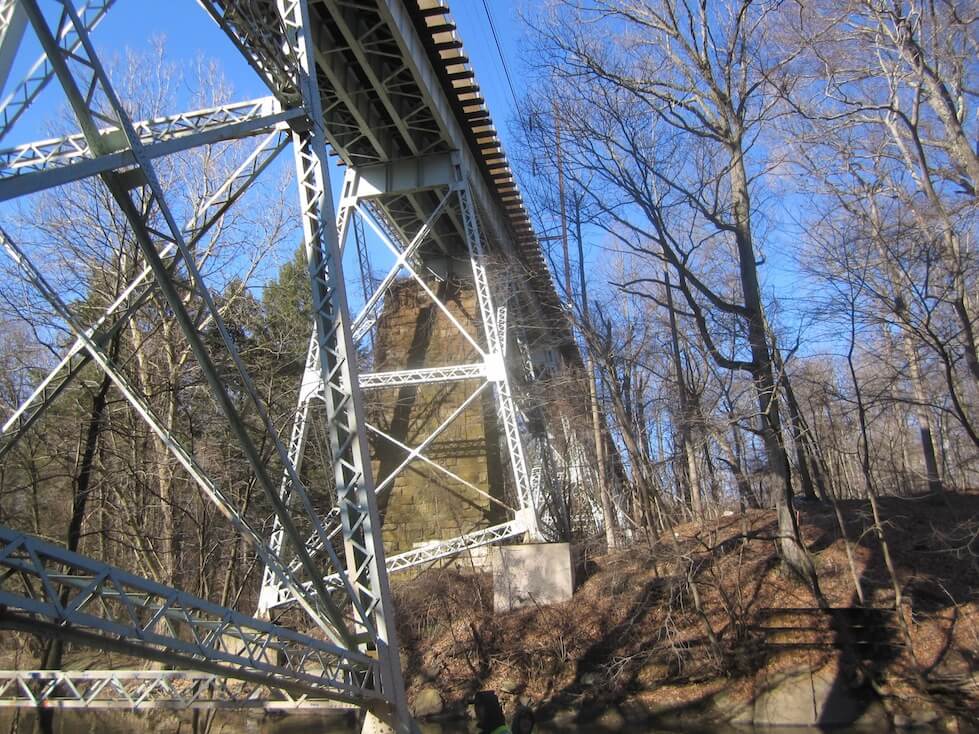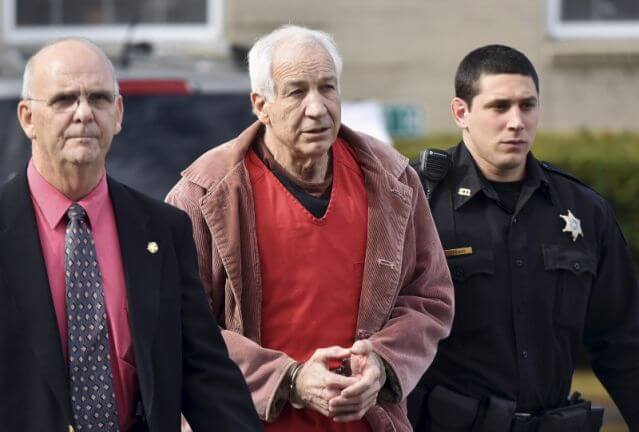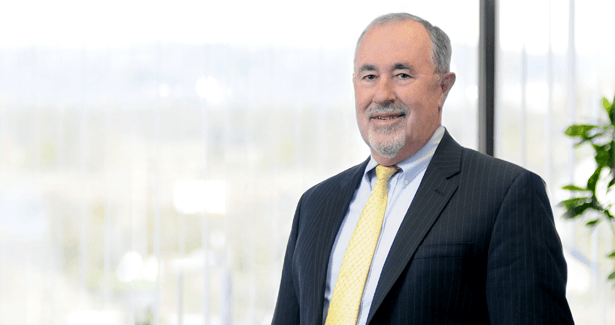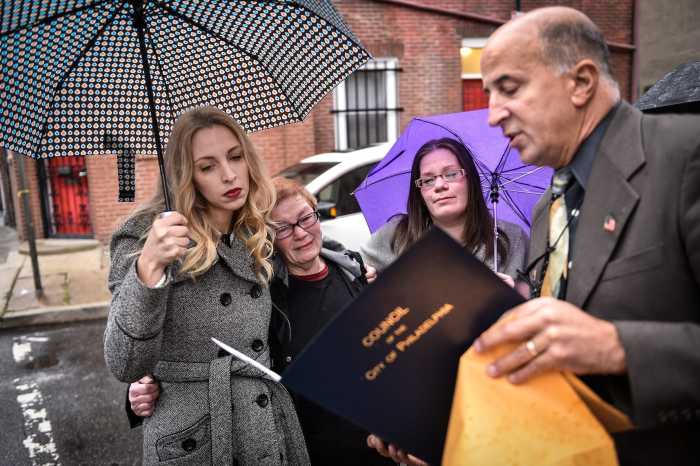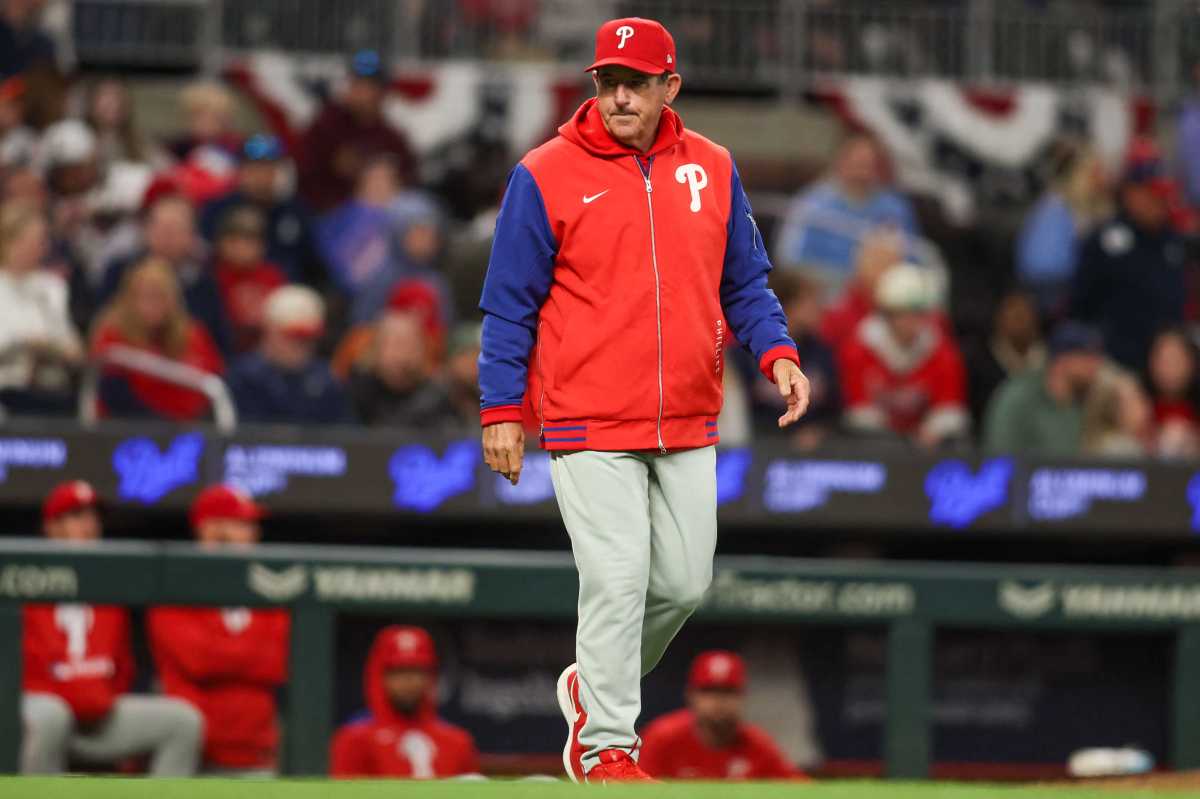If you ride SEPTA, you’re likely seeing the first signs of major progress for public transportation in the Philadelphia region.
SEPTA is aggressively pressing ahead with its “Rebuilding for the Future” capital program thanks to Act 89, which was approved in November 2013 to provide long-needed funding for transportation improvements across the Commonwealth of Pennsylvania.
Some of SEPTA’s efforts are visible today – we’re fixing vital bridges and launching the reconstruction of aging stations. Work to spruce up the Center City Concourse, which SEPTA recently took on under an agreement with the City of Philadelphia, is underway, and we have a long-term plan to turn this network into a gateway for the region’s transit system. We’re also moving ahead with the SEPTA Key, a transformational initiative to modernize our fare system.
Other work might be harder to see, but is every bit as important. Track repairs, signal modernization, power substation overhauls and accessibility improvements are underway throughout the region. These are critical – if not always very flashy – upgrades for our transit system.
And while we tackle fixes to the infrastructure we have, we’ll also address the needs of a growing ridership. Within the next year, SEPTA will move ahead with purchases for new locomotives and bi-level coaches. This, along with a strategic plan to expand parking at select locations, will help SEPTA meet continued Regional Rail ridership growth by expanding our passenger capacity.
Moving forward, we’ll enhance transit as we move to replace aging portions of our fleet.
Trolleys that have been in service for over three decades and are beyond their useful service lives will be replaced with articulated light rail vehicles that will accommodate increasing ridership. These purchases will be made in conjunction with an overhaul of trolley infrastructure to make it fully compliant with Americans with Disabilities Act (ADA) requirements.
The remaking of our bus fleet into one of the cleanest in the nation also progresses. Already, more than one-third of our buses are diesel-electric hybrids, which in addition to being environmentally friendly are also less-costly to maintain and have longer life-spans than the traditional diesel buses they replace. We expect to finish up our current four-year contract for 275 hybrids – including 185 60-foot articulated vehicles for additional capacity – by October; after that, another 525 new buses will roll in through 2020.
These exciting efforts come as we get ready for a year unlike any other in SEPTA’s history. In September, Philadelphia will host the Eighth World Meeting of Families, and Pope Francis’ first Papal mass in the U.S. More than two million attendees are expected, including thousands of international visitors. Then, just 10 months later, thousands of delegates and other visitors will arrive for the Democratic National Convention.
Our region was chosen to host these important events in large part because of SEPTA’s extensive and effective transit network. We’re excited about the efforts underway, and those to come, to further enhance this valuable resource for our customers and the region as a whole.
